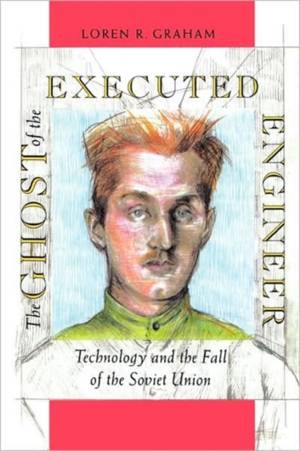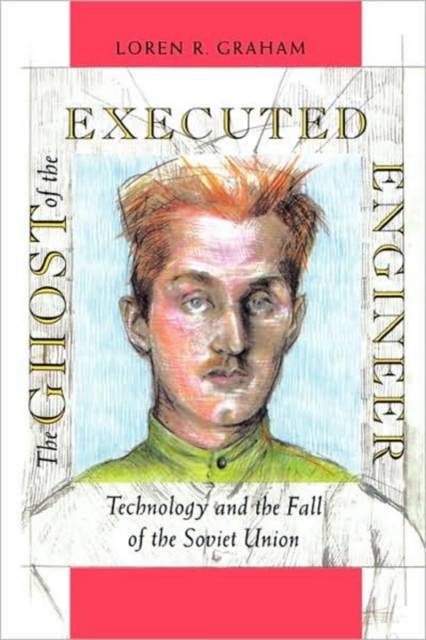
- Afhalen na 1 uur in een winkel met voorraad
- Gratis thuislevering in België vanaf € 30
- Ruim aanbod met 7 miljoen producten
- Afhalen na 1 uur in een winkel met voorraad
- Gratis thuislevering in België vanaf € 30
- Ruim aanbod met 7 miljoen producten
Zoeken
€ 57,95
+ 115 punten
Omschrijving
Stalin ordered his execution, but here Peter Palchinsky has the last word. As if rising from an uneasy grave, Palchinsky's ghost leads us through the miasma of Soviet technology and industry, pointing out the mistakes he condemned in his time, the corruption and collapse he predicted, the ultimate price paid for silencing those who were not afraid to speak out. The story of this visionary engineer's life and work, as Loren Graham relates it, is also the story of the Soviet Union's industrial promise and failure.
We meet Palchinsky in pre-Revolutionary Russia, immersed in protests against the miserable lot of laborers in the tsarist state, protests destined to echo ironically during the Soviet worker's paradise. Exiled from the country, pardoned and welcomed back at the outbreak of World War I, the engineer joined the ranks of the Revolutionary government, only to find it no more open to criticism than the previous regime. His turbulent career offers us a window on debates over industrialization. Graham highlights the harsh irrationalities built into the Soviet system--the world's most inefficient steel mill in Magnitogorsk, the gigantic and ill-conceived hydroelectric plant on the Dnieper River, the infamously cruel and mislocated construction of the White Sea Canal. Time and again, we see the effects of policies that ignore not only the workers' and consumers' needs but also sound management and engineering precepts. And we see Palchinsky's criticism and advice, persistently given, consistently ignored, continue to haunt the Soviet Union right up to its dissolution in 1991. The story of a man whose gifts and character set him in the path of history, The Ghost of the Executed Engineer is also a cautionary tale about the fate of an engineering that disregards social and human issues.Specificaties
Betrokkenen
- Auteur(s):
- Uitgeverij:
Inhoud
- Aantal bladzijden:
- 154
- Taal:
- Engels
- Reeks:
- Reeksnummer:
- nr. 87
Eigenschappen
- Productcode (EAN):
- 9780674354371
- Verschijningsdatum:
- 1/02/1996
- Uitvoering:
- Paperback
- Formaat:
- Trade paperback (VS)
- Afmetingen:
- 155 mm x 234 mm
- Gewicht:
- 254 g

Alleen bij Standaard Boekhandel
+ 115 punten op je klantenkaart van Standaard Boekhandel
Beoordelingen
We publiceren alleen reviews die voldoen aan de voorwaarden voor reviews. Bekijk onze voorwaarden voor reviews.











